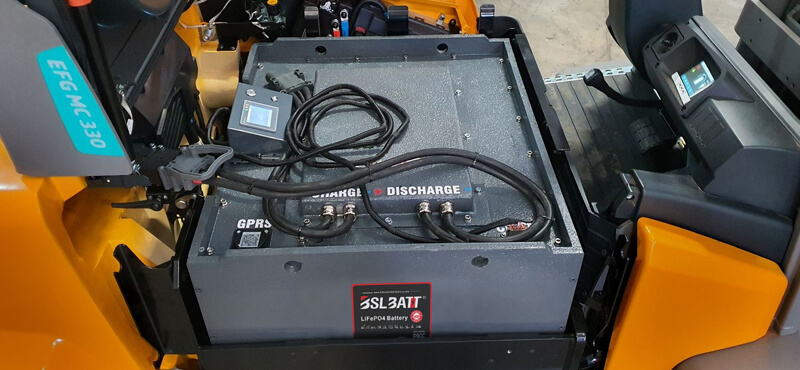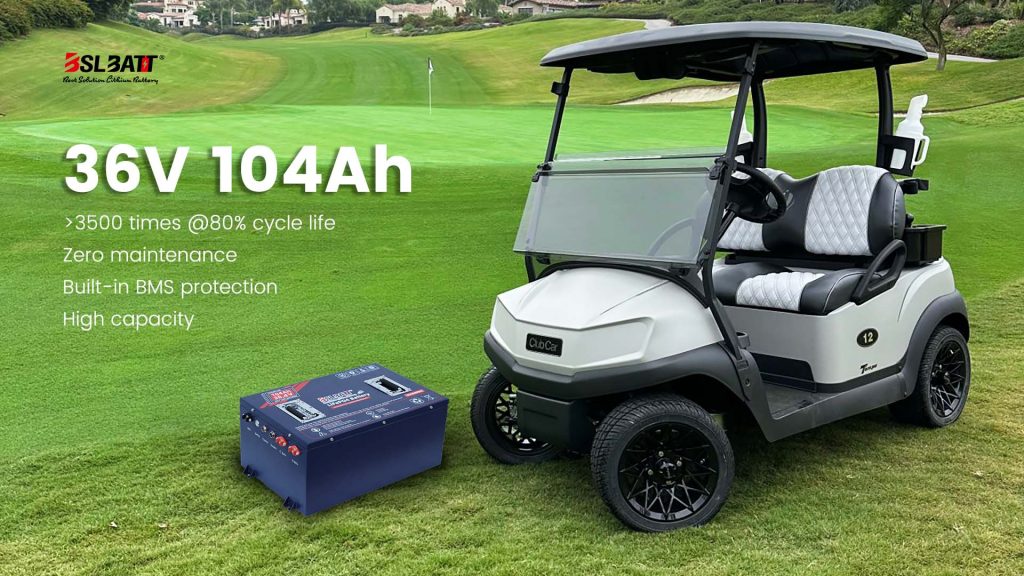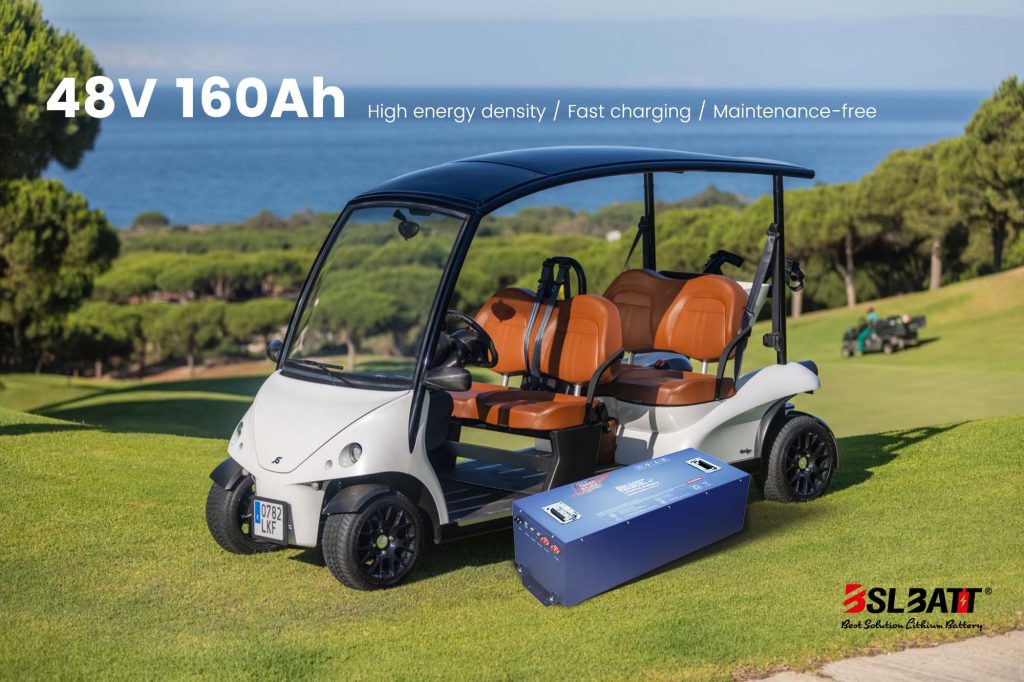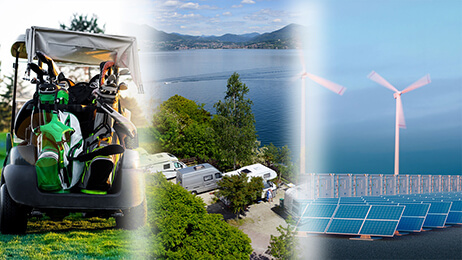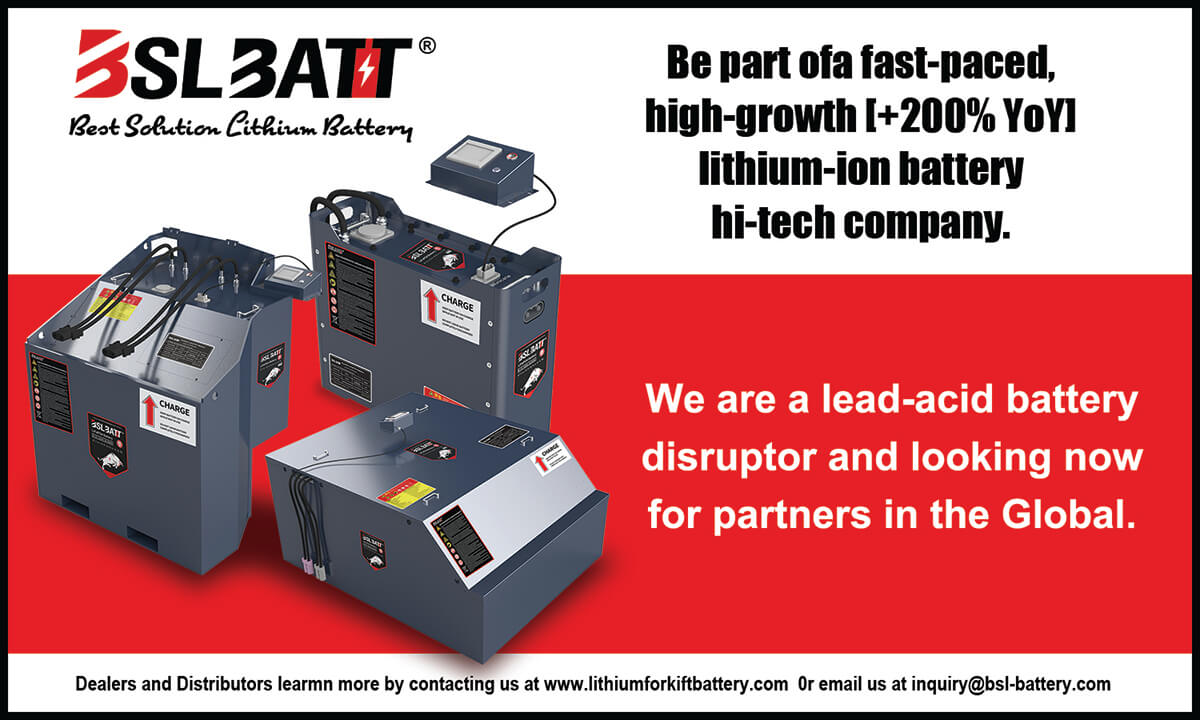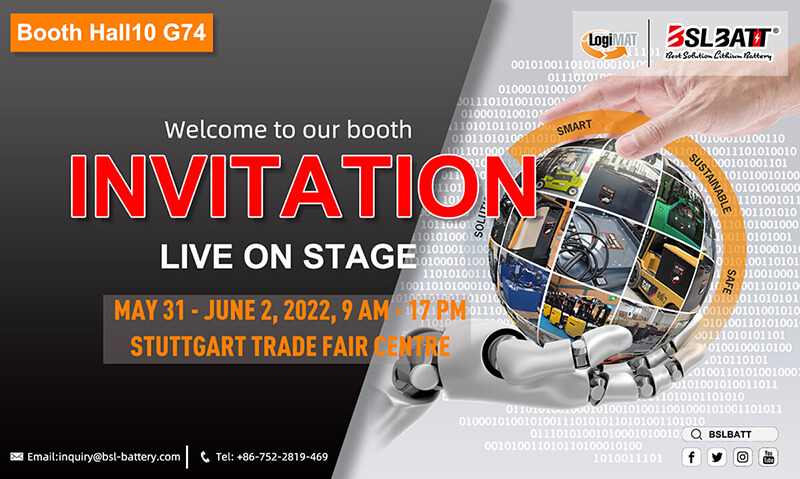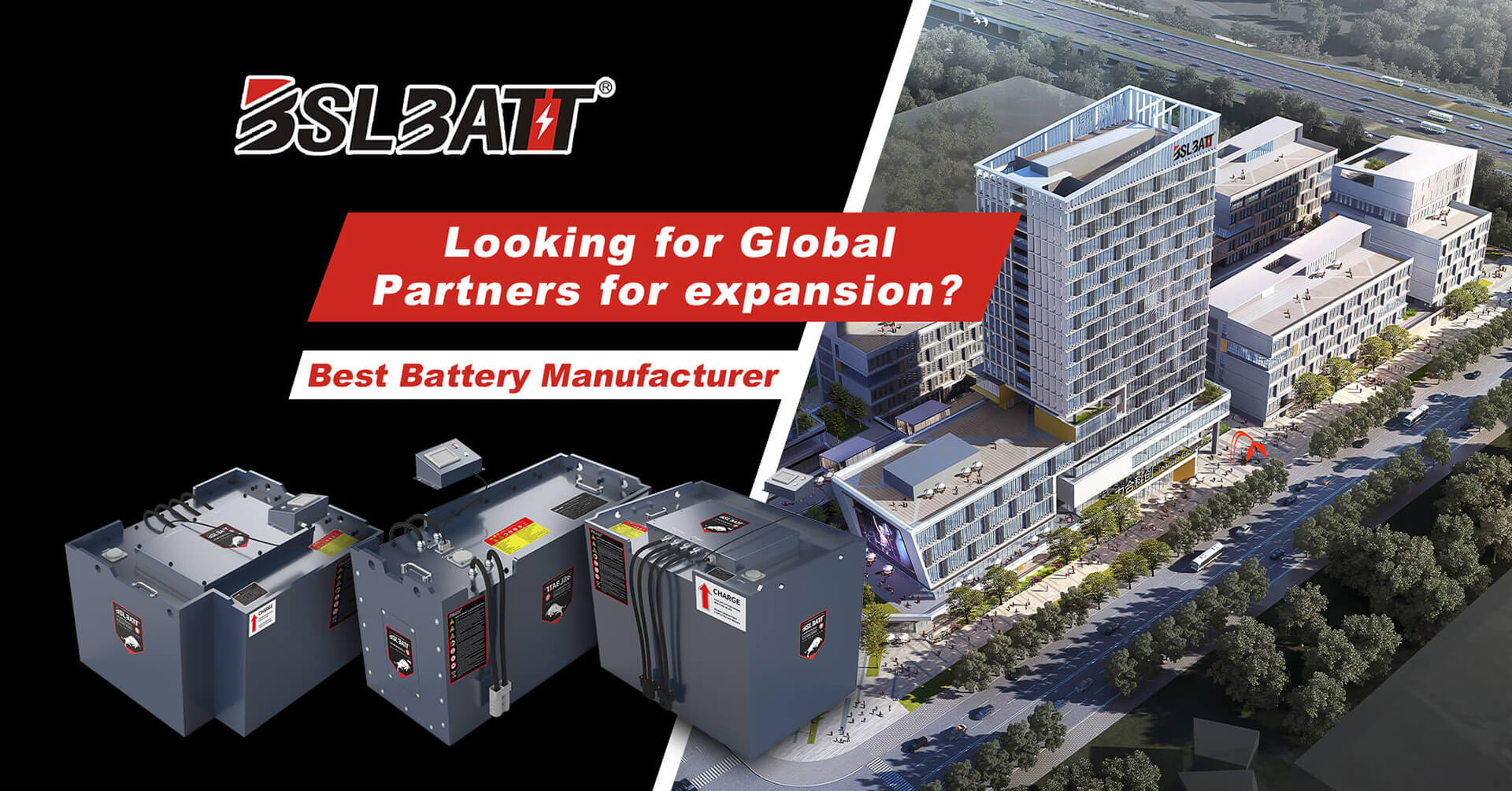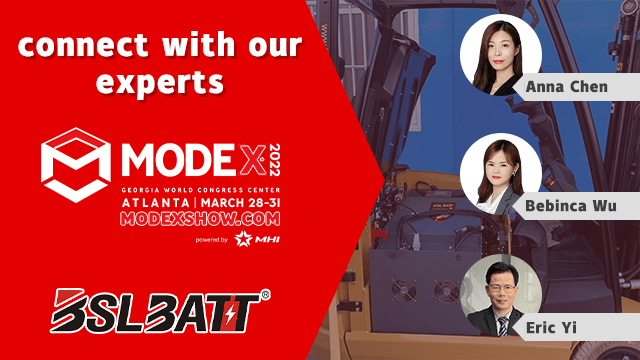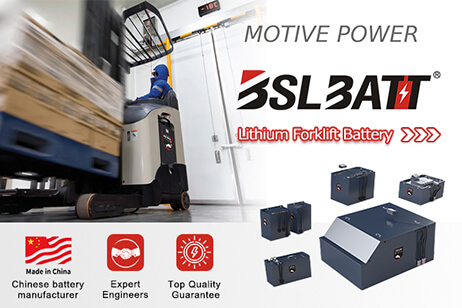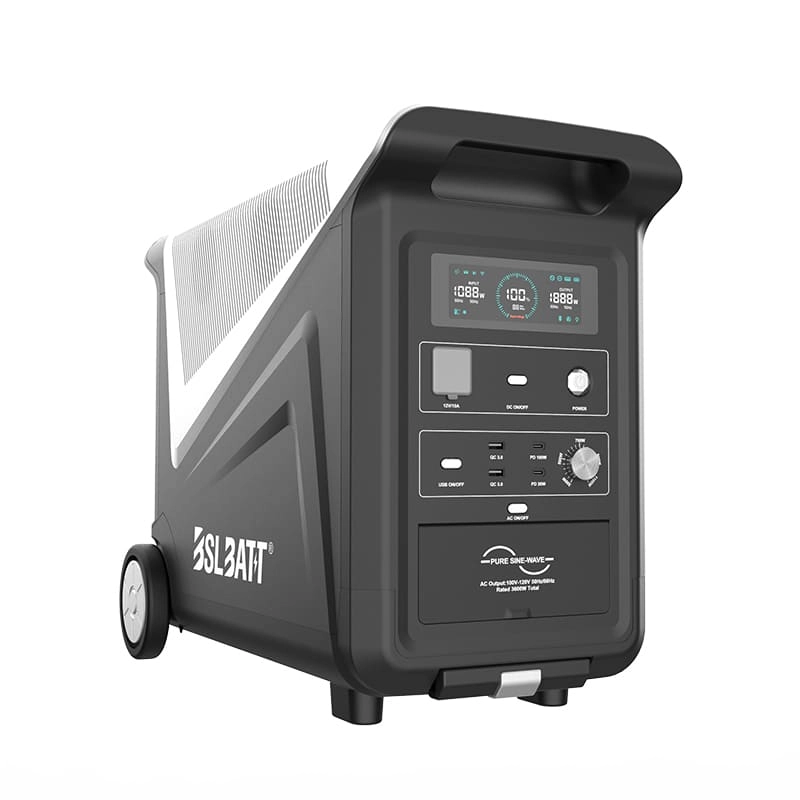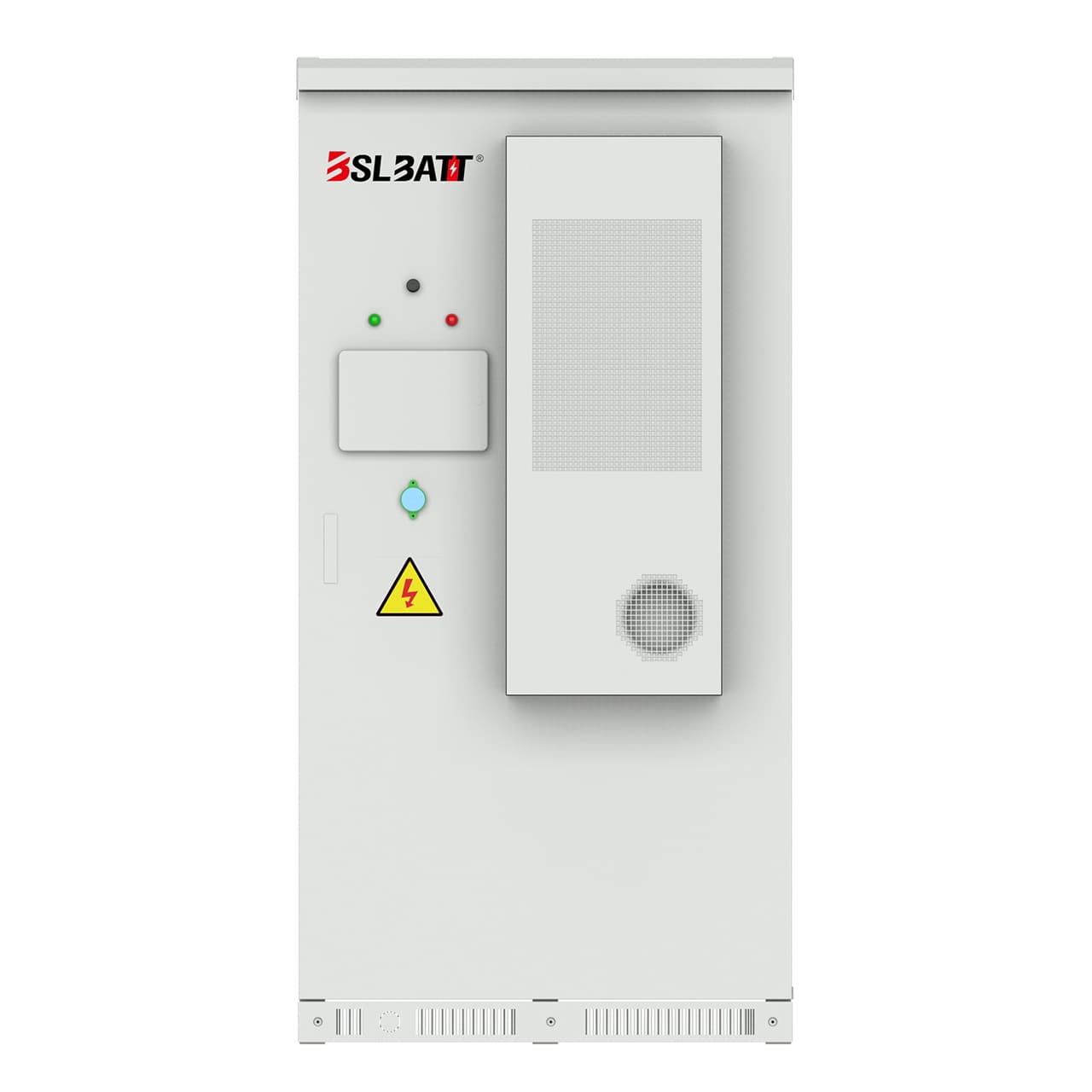Industry Application
Product Type
UL Listing Deep Dive: What Solar Installers Need to Know
Let’s imagine you’ve created a new lithium solar battery! This product is fantastic, and you would love to show it to the world. But what if the battery catches on fire? That would mean a lot of faulty products and unhappy customers. Worst of all, you will get a bad reputation and potentially even lawsuits.
This is why products need to be tested for reliability before coming to market. For lithium solar batteries, the best way to do it is to get a UL 1973 certification. UL will test your product and make sure that it’s reliable enough to meet industry safety standards and standards for UL 1973energy storage.
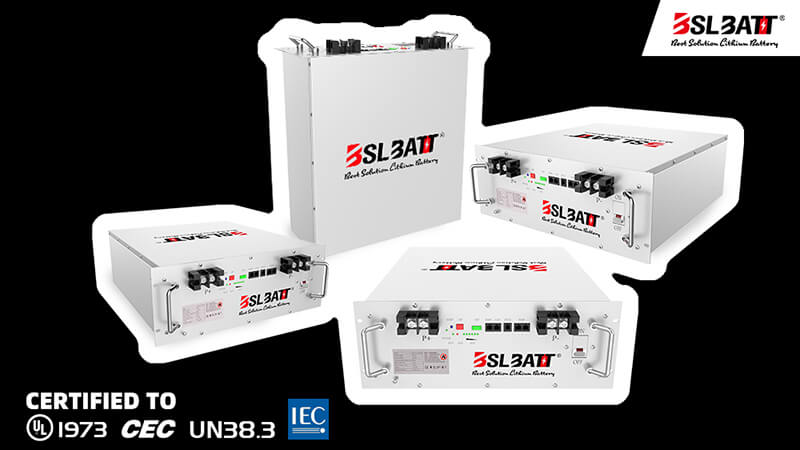
What is Underwriter Laboratories (UL)?
Underwriters Laboratories (UL) is a global safety certification company operating for over 100 years.
They are considered a worldwide leader in safety testing for a wide variety of products across many industries.
UL is included by the U.S. Occupational Safety and Health Administration (OSHA) on the list of Nationally Recognized Testing Laboratories.
Why is UL Listing important for lithium-ion batteries?
Generally, lithium-ion batteries are one of the safest types to use, but if they are damaged or contain defects, they can be a hazard for employees who need to operate material handling equipment.
When you are in the market for a new lithium-ion solar battery supplier, UL safety certifications are a must-have. The meticulous testing and product requirements help ensure that you’re not taking a risk, and the certification process helps manufacturers determine their maintenance and care instructions as well.
In this blog, we caught up with our in-house UL expert, Sam Yang, Director of Engineering, to get a deeper dive into how these certifications work and what to look for when you’re on the hunt for a lithium-ion solar battery.
What is the difference between UL Listed vs UL Recognized?
The two main types of UL marks you will see are UL Listed and UL Recognized. The main difference between the two is that UL Listed products are sold as a complete final product. While on the other hand, UL Recognized products are components of a whole and are not the full, final product.
A UL-Listed product might be something like an appliance or a piece of equipment such as a lithium-ion battery. UL Recognized components are suitable for factory installation into equipment or systems. Once a UL Recognized component is installed into a system or piece of equipment it may then be evaluated by UL for a Listing.
UL Listed Battery Systems are suitable for solar installers and solar retailers, specializing in all aspects of solar systems, from standalone All In One ESS to large commercial installations of BSLBATT solar batteries. UL Listed Battery Confirms It Can Be Safely Used By Anyone Who Wants The Ultimate Clean And Reliable Energy
So, in other words, UL Recognition checks the components of a product for industry standards, while UL Listed checks the whole product.
Sam explains that “It is critical that the battery system is UL Listed. If it is only UL Recognized, this means that it has not undergone the full suite of safety testing to obtain a Listing. Batteries that are only Recognized will need to undergo further testing by UL-approved laboratories in order to ensure that they are safe for the specific installation being considered.”
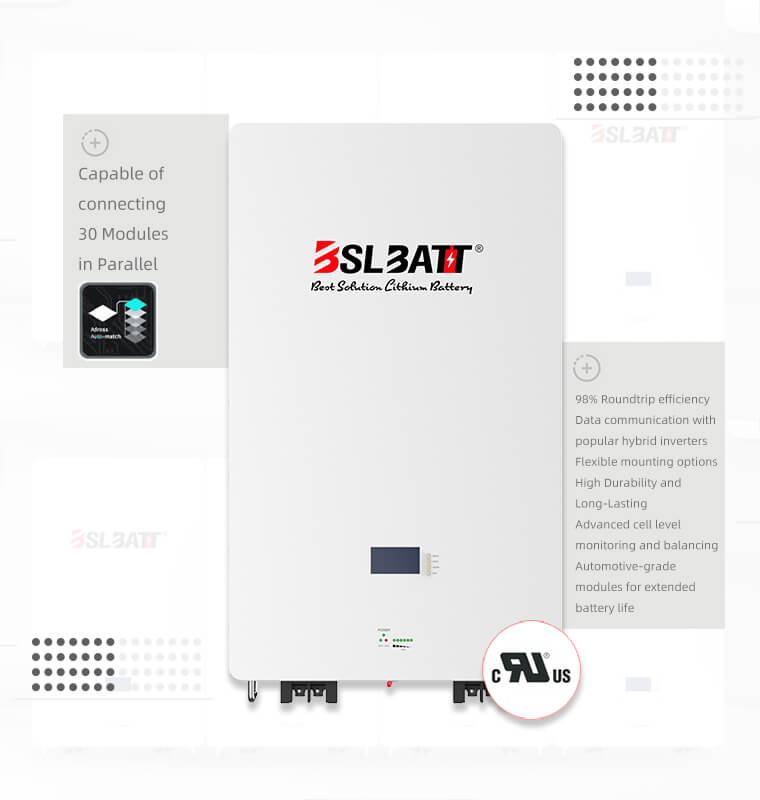
Which UL certification should a lithium solar battery buyer look for?
While reviewing a home battery spec sheet, you’ll likely notice a bunch of acronyms and random numbers listed under safety and rating certifications – what do these mean? Below are some of the most common battery testing standards and certifications for comparing home batteries.
UL 9540: Energy Storage Systems and Equipment
UL 1741: Inverters, Converters, Controllers, and Interconnection System Equipment for Use With Distributed Energy Resources
UL 1973: Standard for Batteries for Use in Stationary, Vehicle Auxiliary Power, and Light Electric Rail (LER) Applications
UL 1642: Lithium Batteries
UL 2054: Household and Commercial Batteries
UL 62133: Safety Requirements for Portable Sealed Secondary Cells
Fun fact: The BSLBATT Battery Company is the third lithium-ion solar battery pack in China to pass UL 1973 listing.
What kind of tests do the batteries go through to get Listed?
UL 1973 also outlines a series of safety performance tests for Energy storage solutions, including electrical tests such as an overcharge test, short circuit test, over-discharge protection test, temperature and operating limits check test, imbalanced charging test, dielectric voltage test, continuity test, failure of cooling/thermal stability system test, and working voltage measurements. In addition, UL 1973 requires testing of electrical components; including a locked-rotor test for low voltage direct current (DC) fans/motors in secondary circuits, input, leakage current, a strain relief test, and a push-back relief test.
Mechanical tests are also required by UL 1973, including a vibration test, shock test, and crush test, which only apply to LER applications. Other mechanical tests that apply to all systems include a static force test, impact test, drop impact test, wall mount fixture/handle test, mold stress test, pressure release test, and a start-to-discharge test.
Additional environmental tests are also required by UL 1973, including a thermal cycling test, resistance to moisture test, and a salt fog test.
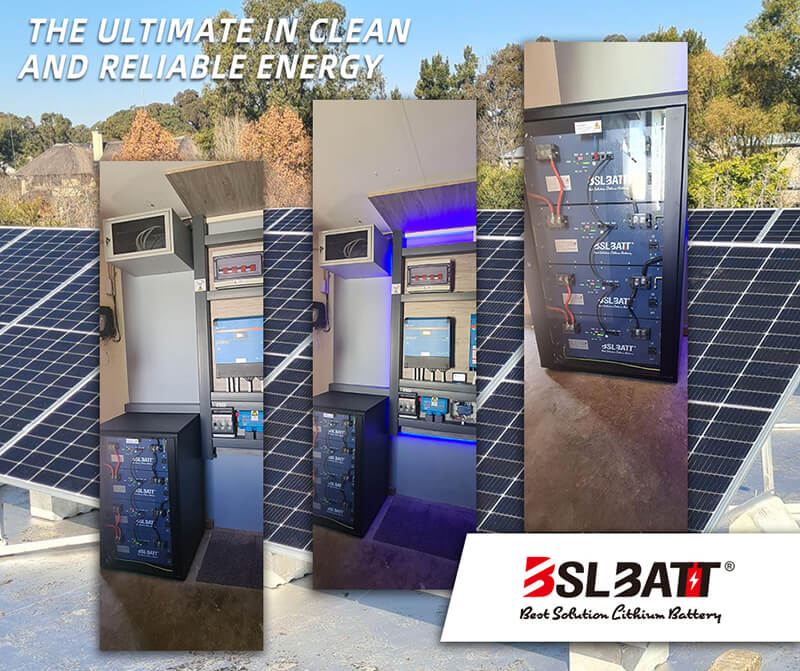
What is required to maintain a UL Listing?
In order to maintain a UL Listing, a UL field representative visits the factory at least four times per year to verify that products are following UL standards.
“This ensures that the systems being built are the same as the systems tested and Listed,” stated Sam. “This prevents manufacturers from substituting in sub-standard components that could introduce unanticipated failures and potential safety risks.”
The field representative inspects activities on the production line to ensure documented components and processes are being used. They can also perform field evaluations for products that might need to be checked in a factory and don’t have time to go into a lab for testing.
Are there different certifications for outside the United States?
There are a few independent organizations that serve the same purpose as UL serves. “UL is the organization BSLBATT elects to work with because they are the most widely recognized certification organization in the US,” says Sam.
Other common marks include CE, CSA, CEC, and IEC. If lithium-ion batteries need to be shipped anywhere via air travel, they must have the UN/DOT 38.3 certification, in which they’re tested in altitude simulation, thermal, vibration, shock, short circuit, impact, overcharge, and forced discharge.
Testing to certify UN 38.3 involves even more abusive and destructive testing, beyond that required for UL Listing. This certification makes sure that the battery system will not present a hazardous problem in different shipping and transportation situations.
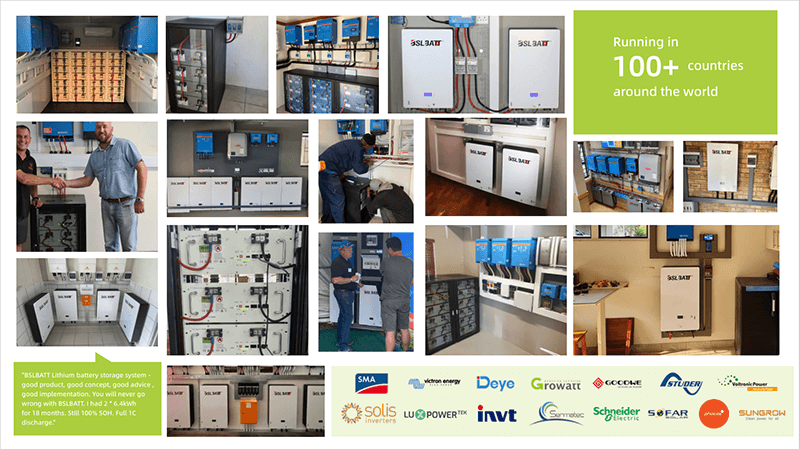
Final Words And How We Can Help
As you can see, there’s a lot that goes into getting a UL certification. It’s going to take a long time, but in the end, it’s going to be worth it. You’ll not only get confirmation that your product is safe and reliable, but also your clients will trust you more because of the UL logo.
Lithium-ion batteries are considered the safest and best battery technology for renewable energy, due to easier handling and no ongoing maintenance requirements.
However, being aware of the testing and approval process behind UL certification standards will help you make the right choice of a solar battery for your specific use.
Our engineers will guide you to the right lithium ion solar battery and help you design a component that can be easily integrated into the assembly process.
A Guide to Choosing the Best 48V Lithium Golf Cart Battery
Would it be worth investing in a 48V ...
10 Exciting Ways To Use Your 12V Lithium Batteries
Back in 2016 when BSLBATT first began designing what would become the first drop-in replacemen...
BSLBATT Battery Company Receives Bulk Orders from North American Customers
BSLBATT®, a China Forklift battery manufacturer specializing in the material handling indust...
Fun Find Friday: BSLBATT Battery is coming to another great LogiMAT 2022
MEET US! VETTER’S EXHIBITION YEAR 2022! LogiMAT in Stuttgart: SMART – SUSTAINABLE – SAF...
Looking for new Distributors and Dealers for BSL Lithium Batteries
BSLBATT battery is a fast-paced, high-growth (200% YoY ) hi-tech company that is leading the a...
BSLBATT to Participate at MODEX 2022 on March 28-31 in Atlanta, GA
BSLBATT is one of the largest developers, manufacturers, and integrators of lithium-ion batter...
What makes the BSLBATT the Superior Lithium Battery for your Motive Power needs?
Electric forklift and Floor Cleaning Machines owners who seek the ultimate performance will fi...








